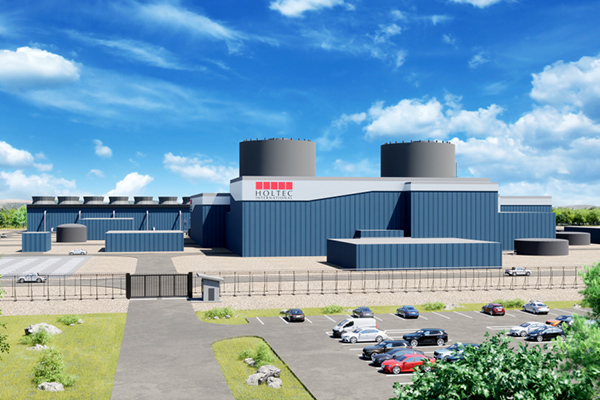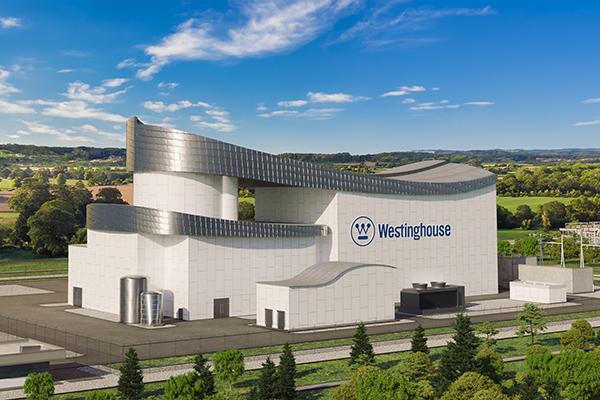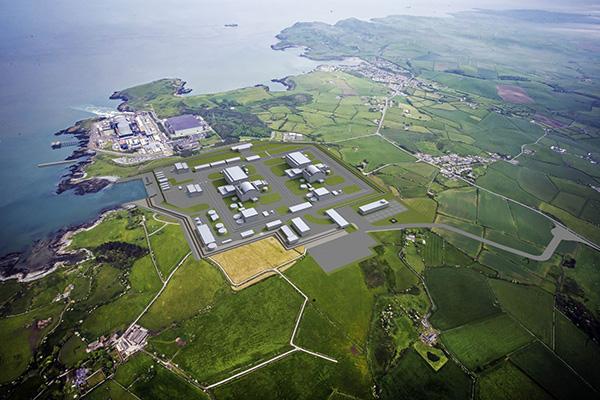Around 200 industry experts attended the UK’s first government-backed conference to explore the investment opportunities of small nuclear reactors.
The Commercialisation of small reactors in the UK event was organised by the Department for Business, Energy and Industrial Strategy (BEIS) and held at the Manufacturing Technology Centre (MTC) in Coventry on 6 November. It brought together experts from across the finance, nuclear, construction and manufacturing sectors to explore taking small and advanced reactors from concept to construction.
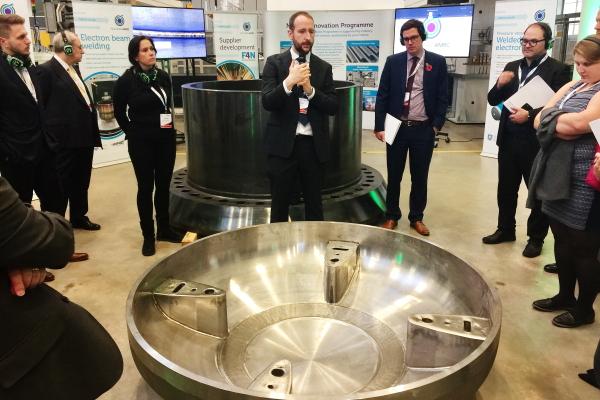
In a presentation to the conference, nuclear energy minister Richard Harrington announced the next steps in government support for small and advanced modular reactors as part of the nuclear sector deal.
The £32 million advanced manufacturing and construction programme, which will aim to kickstart the supply chain for small nuclear projects, will be launched before the end of the year. Companies will be able to bid for funding to try out new technologies and techniques associated with new reactors and iron out any flaws with demonstration models, before they start producing at scale.
The programme is intended to support a number of representative-scale build projects using factory-build techniques, modular and advanced construction processes, digital engineering and other methods. These collaborative projects will bring together the industry’s top tier with manufacturers, universities and specialist research centres, with the results fed through the UK supply chain. Research will be targeted at technologies and components which offer the greatest value for UK manufacturing, with companies working with the nuclear regulators to ensure that new processes and products meet regulatory requirements.
Harrington also announced that developers of small and advanced modular reactors would be invited to submit their design proposals to the UK regulators in the new year. Any new designs will have to pass the generic design assessment (GDA) process operated by the Office for Nuclear Regulation and Environment Agency, which allows a reactor design to be built at multiple sites in the UK.
“Hosting this first ever conference, bringing together more than 200 influencers from across the industry, demonstrates our commitment to enhancing our world-leading nuclear sector,” Harrington said. “Increasing competitiveness both nationally and regionally in the sector is part of our modern Industrial Strategy, and this summit could help UK industry seize the global challenge of taking this new generation of new nuclear power from concept to construction.”
Speakers at the conference included Nuclear AMRC programme director Jay Shaw, who presented alongside MTC director Neil Rawlinson on how manufacturing innovation can be best applied to the small reactor market.
The event included a showcase of relevant manufacturing technologies, including prototype pressure vessel sections produced by the Nuclear AMRC as part of a collaborative project with the US Electric Power Research Institite. Parts on show included a pressure vessel section joined by electron beam welding in two hours, compared to some 10 days using conventional submerged arc welding techniques; and a pressure vessel head partially clad using advanced diode laser technology.
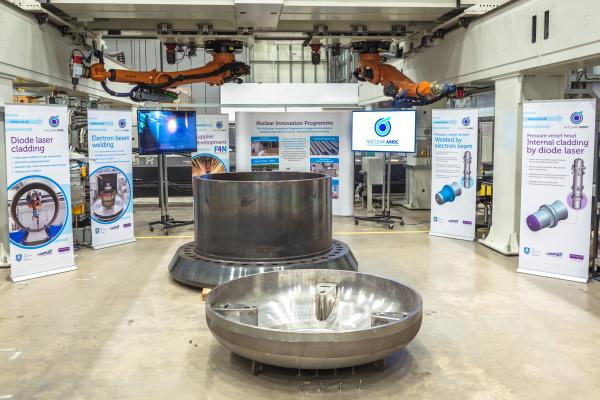
“The advanced manufacturing technologies we’re developing at the Nuclear AMRC will play a vital role in ensuring that new reactor designs are manufactured to cost and schedule, enabling the UK to take a global lead in commercialising small reactors, with huge opportunities for companies across the country,” commented Andrew Storer, Nuclear AMRC chief executive officer. “We’re already working with around 1,000 manufacturers across the UK to help them compete in the worldwide nuclear sector, and we welcome the Government’s continuing support for the new generation of clean affordable power.”
The event followed a visit from business secretary Greg Clark to the Nuclear AMRC on 25 October, where he met apprentices and staff developing cutting-edge technology for SMR production.

